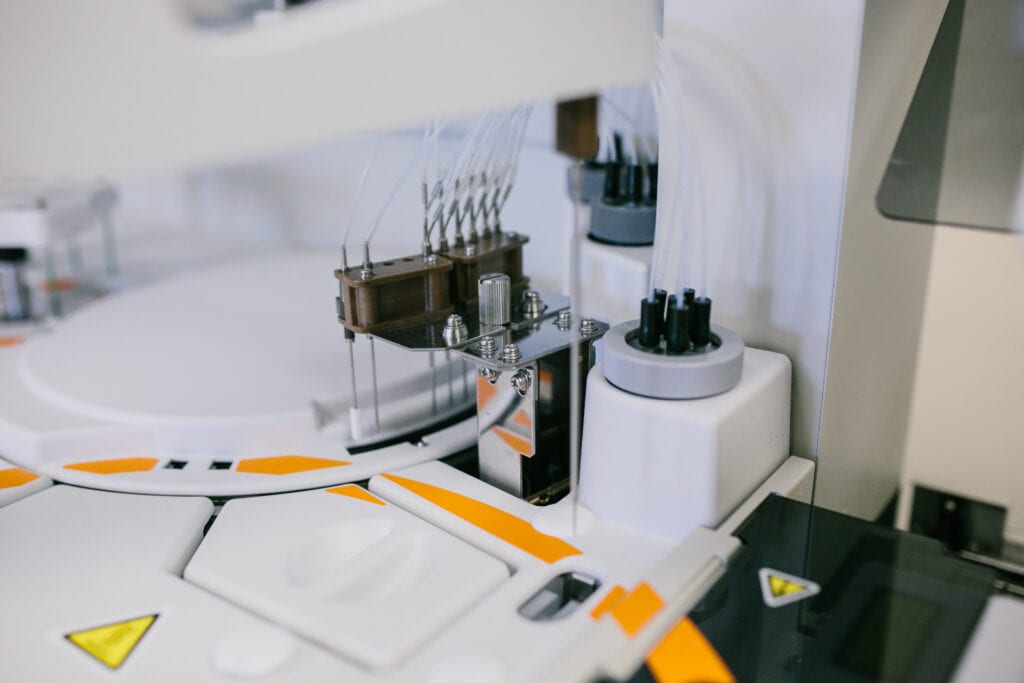Pets are family, and caring for their needs requires effort. Pet health labs are key components in monitoring wellness for household animals.
Throughout this resource, we’ll explore why pet diagnostics are vital and review key diagnostic services.
Understanding Pet Diagnostic Centers
Animal health testing facilities support veterinary care for identifying medical conditions. Veterinary professionals use these labs to tailor care to the pet’s needs.

Their process usually includes:
- Sample collection: Health markers are prepared for analysis.
- Testing procedures: Experts using equipment conduct the tests.
- Analyzing findings: Vets review the reports for your pet’s benefit.
Essential Tests in Veterinary Labs
Pets benefit from a range of diagnostic services to address medical issues. Frequently used procedures include:
- Hematology panels: Provide an overall health picture.
- Urinary health exams: Check for diabetes.
- Fecal analysis: Spot signs of infections.
- Dermatological diagnostics: Diagnose food or environmental allergies.
- Imaging diagnostics: Evaluate bone and joint health.
How Testing Supports Pet Health
Regular testing supports proactive health management. Through these tests, you can prevent serious conditions.

The advantages include:
- Improved health outcomes: Pets live happier, healthier lives.
- Avoiding costly emergencies: Small problems are treated before they escalate.
- Peace of mind: Manage concerns proactively.
laboratório veterinlaboratório veterinario
laboratorio de analises clinicas para animais
Why Testing Matters for Dogs and Cats
Veterinary labs provide the foundation for accurate diagnoses. By scheduling routine tests, you protect their well-being.
Make pet health a priority and give your furry friends the best care possible!